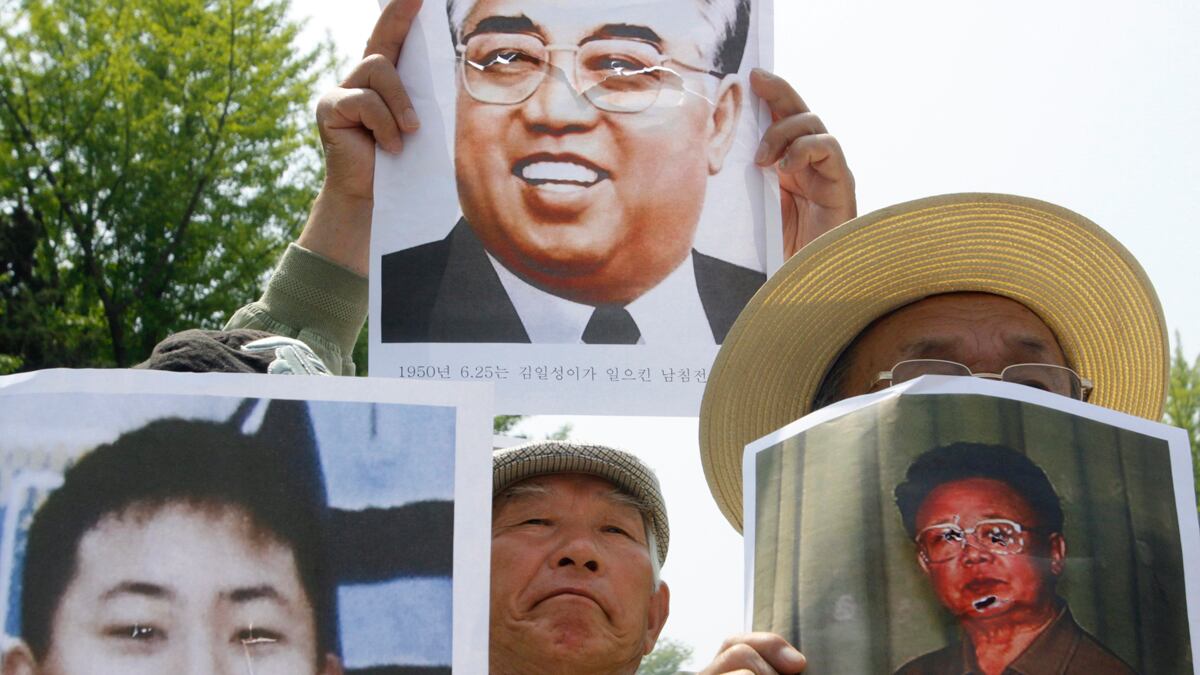The sudden death of Kim Jong-il will complicate and confuse the succession process he had set in place. After Kim recovered from his stroke in August 2008, he made a series of moves to designate and establish his third son, Kim Jong-un, as his heir apparent. As the elder Kim’s health seemed to improve, the pace of this transition slowed down, because he did not wish to deplete his own power as he positioned his son. His sudden death from a heart attack on Dec. 17 throws that into chaos.
What happens next? The most likely scenario is a collective leadership that will rule in the name of the Kim family—in effect, a regency. Kim Jong-un has not had enough time to consolidate power in the key institutions of the North Korean regime: the military, the Korean Worker’s Party, the government administration, and the security and intelligence agencies. The elder Kim had around 20 years to gain control before the death of his own father, Kim Il-sung. Kim Jong-un has had less than three. A key figure in the collective leadership will be Jang Song-taek, the husband of Kim Jong-il’s sister.
The regency will emphasize continuity above all, but change is not impossible. If it can preserve stability, Kim Jong-un may be able gradually to establish his own power. Yet it is also possible that the different factions in the leadership will fight among themselves over power and resources. That could create an unstable situation. But we cannot rule out the chance, small as it may be, that the regency will assess the failures of the Kim Jong-il reign and undertake true reform. The United States, South Korea, and China all have a huge stake in which direction North Korea goes.

With Kim’s death, the prospects for regional negotiations on North Korea’s nuclear program and other issues in the near term are very low. The successor regime will have to consolidate itself before it will be prepared to engage the United States, South Korea, and others. There had been movement toward such engagement, but little can happen now.
North Korea was planning, on April 15, 2012, a major celebration of Kim il-Sung’s death. The theme was to be how North Korea was becoming a “strong and prosperous country.” The celebration will now be a wake. Claims of progress will be hollow.






